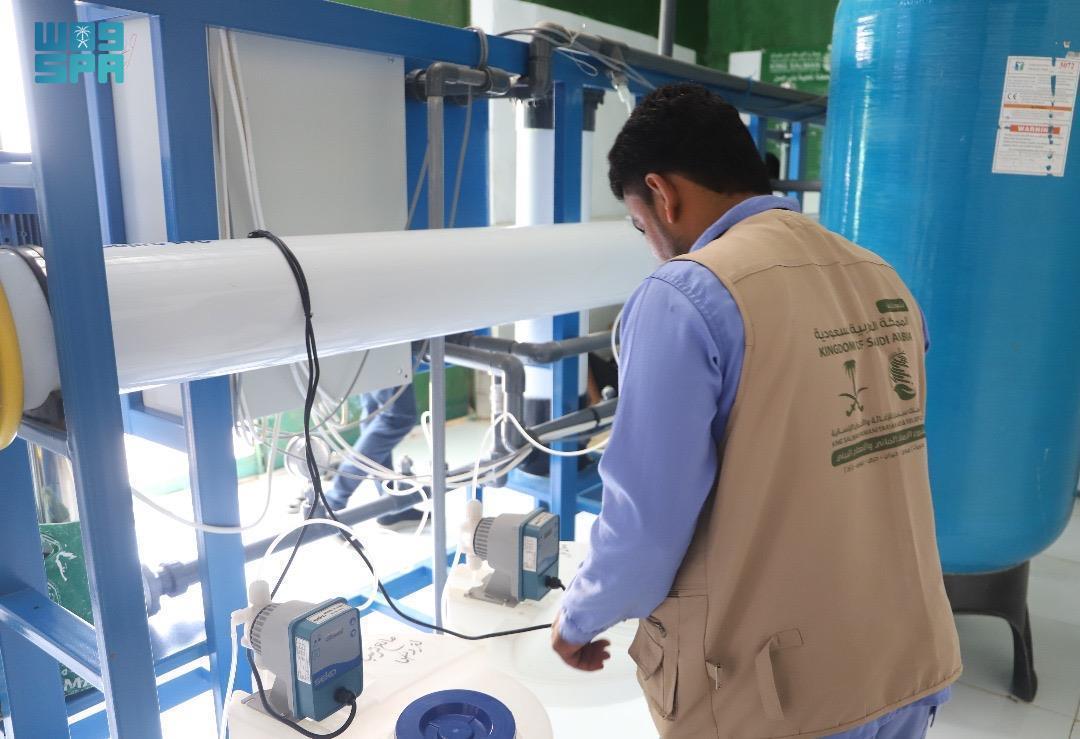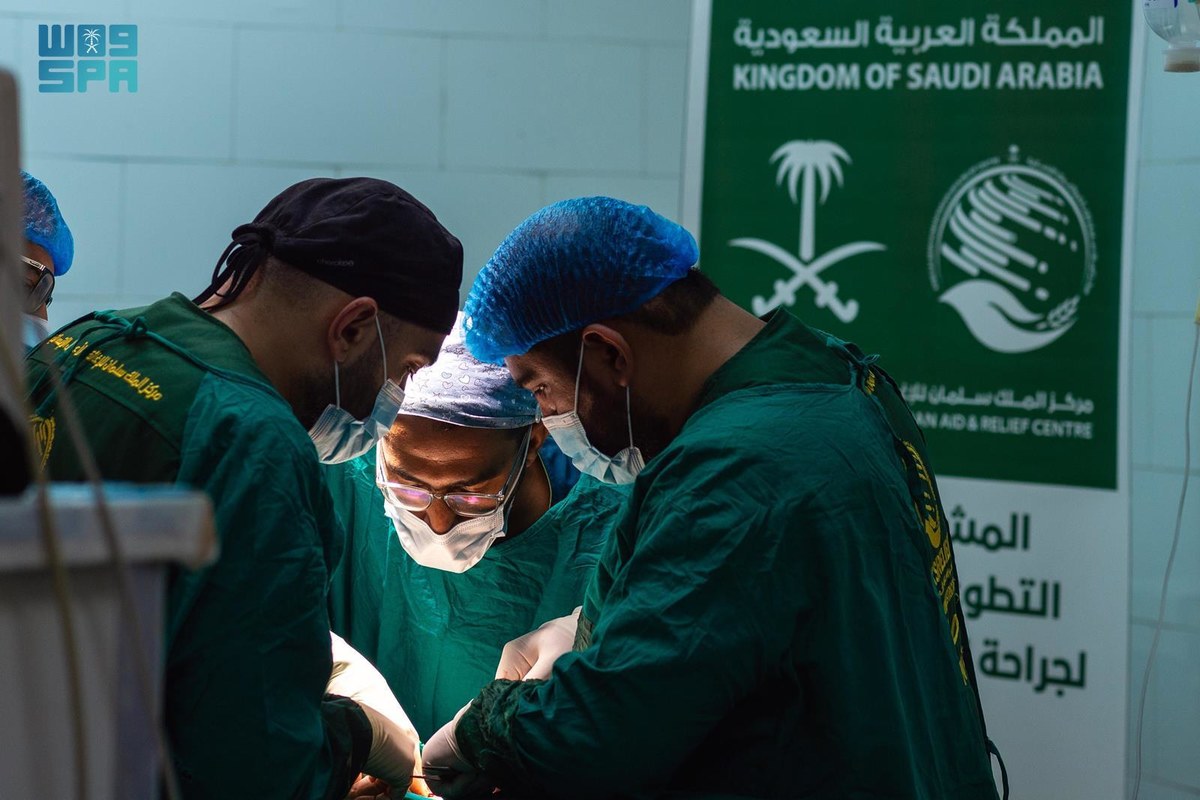JEDDAH: The Saudi Feast Food Festival, organized by the Saudi Ministry of Culture and Culinary Arts Commission, has officially begun its fourth event at the Abadi Al-Johar Theater in Jeddah, running from Nov. 27 to Dec. 6.
The festival features a lineup of activities spread across seven distinct zones. One of the main attractions is the culinary arts heritage area, divided into 13 sections that represent different regions of Saudi Arabia. Each section highlights regional specialties, offering diverse culinary traditions from Jazan, Makkah, Al-Jouf, Qassim, Medina, Hail, Tabuk, Riyadh and Al-Baha, with more than 195 food stalls.
The highlight of the festival is the competition zone, where professional chefs face off in cooking competitions that showcase Saudi national and regional dishes, including jareesh and maqshush, the Saudi national dsh.
Chefs from all over the Kingdom will compete in daily challenges, with one or two competitions held each day throughout the festival, and with a cash prize of SR20,000 ($5,323) for the winner of each competition.
Turkan Sharawi, a judge in the competition and an expert in cuisine, patisserie and boulangerie, told Arab News: “This competition is a great opportunity to highlight our authentic Saudi food and cuisine. It’s not about creativity but about preserving traditional dishes and showcasing them to the world. When judging, I focused on techniques, how well the dishes reflected traditional recipes passed down through generations.”
Turki Badawi, an inflight chef for Saudia Airlines and first-time judge, said: “Judging has been a difficult task, as all the participants are incredibly talented. The chefs are presenting food in creative and internationally appealing ways. For my judging, I primarily focused on taste.”
Children in the kids zone can participate in hands-on workshops to learn about Saudi cuisine, art and culture — with activities such as cooking lessons, storytelling at “Grandmother’s Stories” corner, and interactive environmental awareness programs.
For those looking to enhance their culinary skills, the workshops zone offers up to 30 cooking workshops, where professional chefs teach everything from making traditional Saudi sweets to savory dishes.
Participating in the festival, Ahmad Zaki Kamel, founder of Azka Foods and azkabasket.com, said: “We are in all 13 zones. Thanks to the support of the Culinary Arts Commission, Azkabasket is participating at the festival with a large selection of products from our network of farms and producers representing all 13 regions of Saudi Arabia. This is both a celebration of the vast range of organic and natural local foods and a testament that AZKA’s goal of ethical food system self-sufficiency is an achievable objective.”
Sharif Alruwaili, representing the Al-Jouf region, said: “Al-Jouf is renowned for its olive oil, olives and a variety of dates. We also offer a distinctive blend of za’atar, made with a mix of different herbs and spices. I’ve brought products from my own farm, as well as others, to showcase here at the festival. It’s been truly rewarding to interact with visitors and educate them about Al-Jouf’s renowned produce.”
Fahad Ibrahim, founder of Maamoul Um Saleh Al-Ayed, said: “I’m here from Qassim with over 45 different types of traditional Saudi biscuits, especially Maamoul made with olive oil and sugar-free options for a healthier choice. We are excited to present our products to the public.”
Fayza Alshaeri, a local chef, presented a buffet of traditional food from Al-Qassim and said: “Cooking is my passion, and being a chef is something I truly love. This buffet represents authentic food from Al-Qassim, and it’s wonderful to see people enjoying it, especially those who have never tasted these dishes before.”
Similarly, Mohammed Kassarah, a chef from Madinah, showcased a spread including traditional Kabuli rice with chicken and meat, meat sambusas, and sweets. He said: “Our meat and chicken are fresh, sourced directly from Madinah. It feels great when visitors recognize the quality and freshness of our ingredients and praise the dishes we’ve prepared.”





























